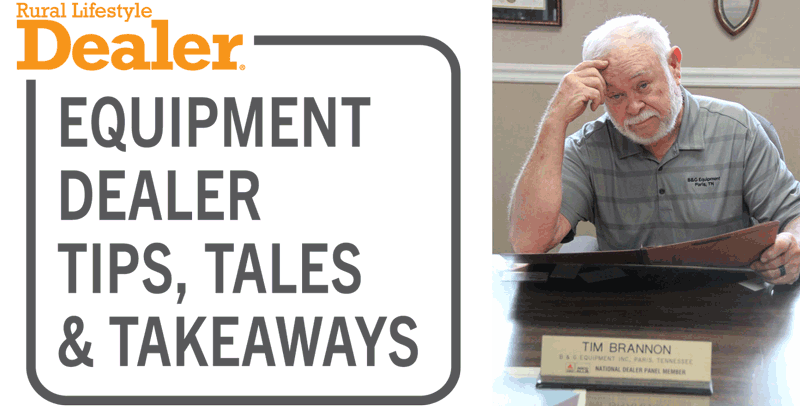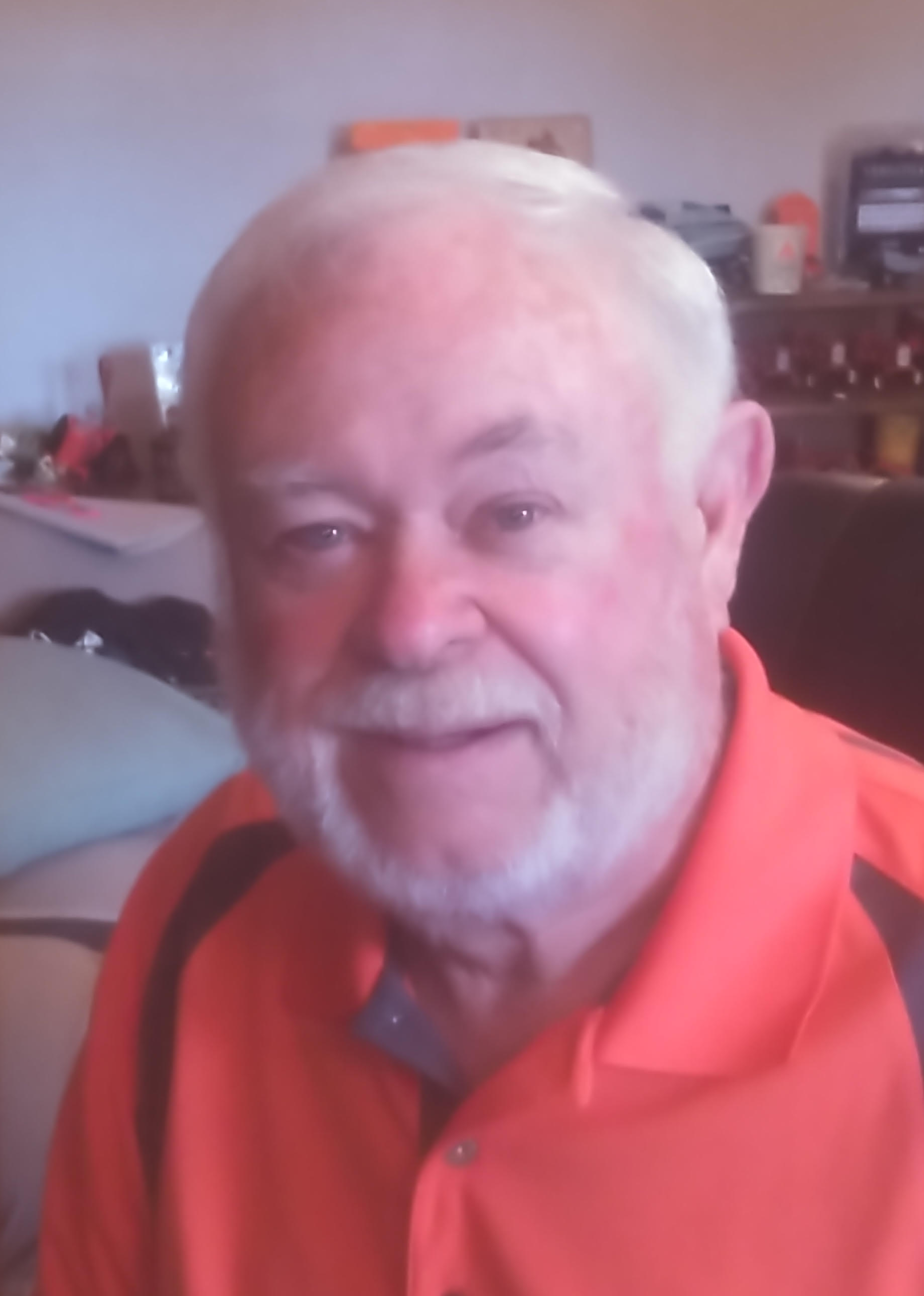WHAM … and my head slammed forward one day in 1975. I turned around to see my friend and college classmate Dennis, sitting behind me holding the huge "Dairy 101" textbook and projecting a ninja warrior-like stance.
The professor turned around to see where the noise came from, then continued writing with BOTH hands on the board. One hand was drawing a double DNA helix while the other hand was listing the genetic requirements of an exemplary dairy cow.
The issue at hand was Dennis and I were graduating seniors at good ole Murray State University and had planned on “coasting” into a cap and gown. Everyone knew dairy 101 was the easiest course on campus and everyone got "A"s — period.
So, we waited to take it last. Wrong. The “easy” prof had been fired and the new department head, Dr. Thompson, who was the leading genetic moo cow researcher in the U.S., was now teaching Milk 101 on this first day of class. OK, this had been my idea and I had talked Dennis into this schedule. He reacted and had the correct premonition that this would not meet our goal for a work/study load.
This first day of class ended with milking assignments! We had to go to the college dairy barn and MILK for a week! WHAM again. Dennis agreed to be my “partner” even though I secretly imagined he was wishing me to be the victim of the herd bull. We went to the milk barn to observe. But oh no. The herdsman knew us and 5 minutes into our tutelage said, "I feel sick, you guys are farm boys — finish up." And he left!
Dennis and I just stood there rocking back and forth on the rough concrete floor to the tune of the chunk-a-chunk of the milking machine and then looked at each other and asked at the same time "How will we know when they are through milking?”
I had no clue but Dennis, being the smarter of the two, suggested looking for reduced milk flow in the clear tube exiting the milker. Good call. My suggestion was to watch and see when the eyeballs started sucking back in the cow's head. The next group of cows had a reluctant momma moo-er who did not want the milkers attached. I was determined they should be.
After several attempts I laid the cups aside, grabbed the stainless-steel hose holder that swiveled 360 degrees, and with the speed of my best fastball swung the bar to teach the kicking leg a lesson. She was one step ahead (as are all the women in my life) and, with perfect choreography, raised the leg above the arc of the speeding rod which, unimpeded, continued a full 360 rotation until it landed on the worst possible place for a male student.
To add insult to injury, it caught a belt loop and now suspended this milkman as he doubled in pain and convulsion a few inches off the floor. I don't know for sure (as I was seeing double for a few hours) but I think Dennis was smiling. I could go on — it got worse — but the point is that “expecting to coast” never works.
"We have to learn that doing the duties of a good dealership manager is a daily reward that perpetually has to be enjoyed. Managing the stress, delegating responsibility, finding some humor, motivating the staff and looking forward to better customer relations that will determine our future, must be enjoyed."
Running a dealership is a hard, long, day-to-day, milking experience type journey. Many have the idea one can get the business started, firing on all cylinders, and then coast into prosperity. Wrong. Those that expect this are ever looking forward to a day that never comes.
Eventually frustration builds, and “burnout” sets in when the “coast” goal is never achieved. Schools never teach the psychology of what one expects personally from owning and or running a farm equipment business. The education process is filled with numbers, percentages, HR issues and how to measure when one achieves “success;” but not that it is a perpetual job that has no end.
So, what is the point? One must learn to enjoy the profession on a daily basis, realizing the GroundHog Day movie motif. No other business is like one of an implement dealer. Commodity prices, the economy, new products and competitors, HR issues, supplier relations, current dealing with the remnants of a pandemic, supply chain issues — and the list goes on for all that has to be “managed.”
Looking to the Biblical Soloman, the supposed wisest man ever, ole Sol said that he sought satisfaction in wine, women (sorry ladies — don't go off on me here), wisdom, knowledge and wealth. None brought him continued pleasure. He resigned himself to the fact that "all was vanity" — and he learned to find satisfaction in just doing the duties of being a good king.
We have to learn that doing the duties of a good dealership manager is a daily reward that perpetually has to be enjoyed. Managing the stress, delegating responsibility, finding some humor, motivating the staff and looking forward to better customer relations that will determine our future, must be enjoyed.
Success is a daily thing — not something in the future that will never materialize. Learn to pedal and enjoy — and remember coasting is not in the game plan.
Until next time, wishing you smiles and prosperity.
|
Told from the perspective of an in-the-trenches owner/operator — Tim Brannon of B&G Equipment, Paris, Tenn. — Equipment Dealer Tips, Tales & Takeaways shares knowledge, experiences and tips/lessons with fellow rural equipment dealerships throughout North America. Covering all aspects required of an equipment dealership general manager, Brannon will inform, entertain and provide a teachable moment for current — and future — leaders within equipment dealerships. |
 |
More From Tim Brannon
-
Big Orange & The Coal Miner’s Daughter
- Find Your James Out There for Your Dealership
- The Perfect World of Parts
- Lessons from the 1980s … Working Capital, Part 2
- Working Capital, Part 1
- Communications: Now Repeat What I Just Said ...
- Loaded Up & Ready to Go
Equipment Dealer Tips, Tales & Takeaways is brought to you by the Solectrac.
It’s Solectrac's mission to lead the transition to zero-emissions regenerative agriculture, and utility operations with best-in-class technology for a safer, cleaner and healthier future.







Post a comment
Report Abusive Comment